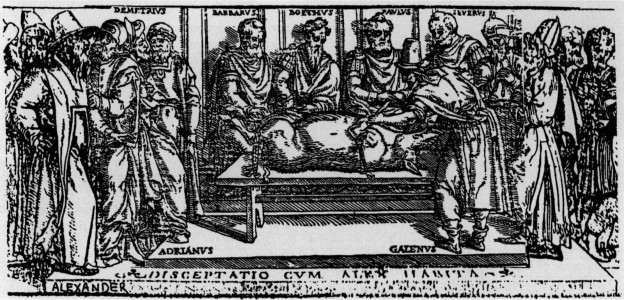We all know that correlation is not causation. A correlation can be due to factors other than causation, such as bias, confounding, chance, time-series trends (e.g., the correlation between British bread prices and the sea level in Venice), or semantic, logical, physical or mathematical connections. In order to rule out these alternative explanations of a correlation – and establish causation – we need to seek evidence of a mechanism. One needs to account for the correlation via some mechanism by which the putative cause brings about the putative effect.
So, in order to establish effectiveness one needs to establish something about a mechanism, in addition to establishing correlation. But what does one need to establish about the mechanism? Often it suffices simply to establish existence: that there is some mechanism by virtue of which the cause induces the effect. This is often enough to rule out alternative explanations of the correlation.
Sometimes one needs more. Sometimes one needs to establish the details of the mechanism in order to make the causal claim sufficiently credible. In such cases, it’s not enough to hypothesise the details of the mechanism, one needs to establish the details and for that one needs solid evidence. But often one can get away with establishing that an appropriate mechanism exists.
Here’s Diocles of Carystus, a contemporary of Aristotle, who lived around 375-300 BC. After a discussion of laxatives, he says the following (quoted by Galen; read ‘mechanism’ for ’cause’):
Those who think that one should state a cause in every case … seem to be unaware first that it is not always necessary to do so from a practical p
oint of view, … Furthermore, they sometimes err in assuming what is unknown, disputed and implausible, thinking that they have adequately given the cause. You should disregard people who aetiologise in this manner, and who think that one should state a cause for everything, and rely instead upon things which have been excogitated over a long period on the basis of experience; and you should seek a cause for those things which admit of it when it will make your account more understandable and more believable.
This applies just to establishing effectiveness. We need the details of the mechanism in other situations, of course, such as explanation (how does the cause induce the effect?), external validity (will it be effective in this other population?) and personalisation (will it be effective in this particular patient?).
